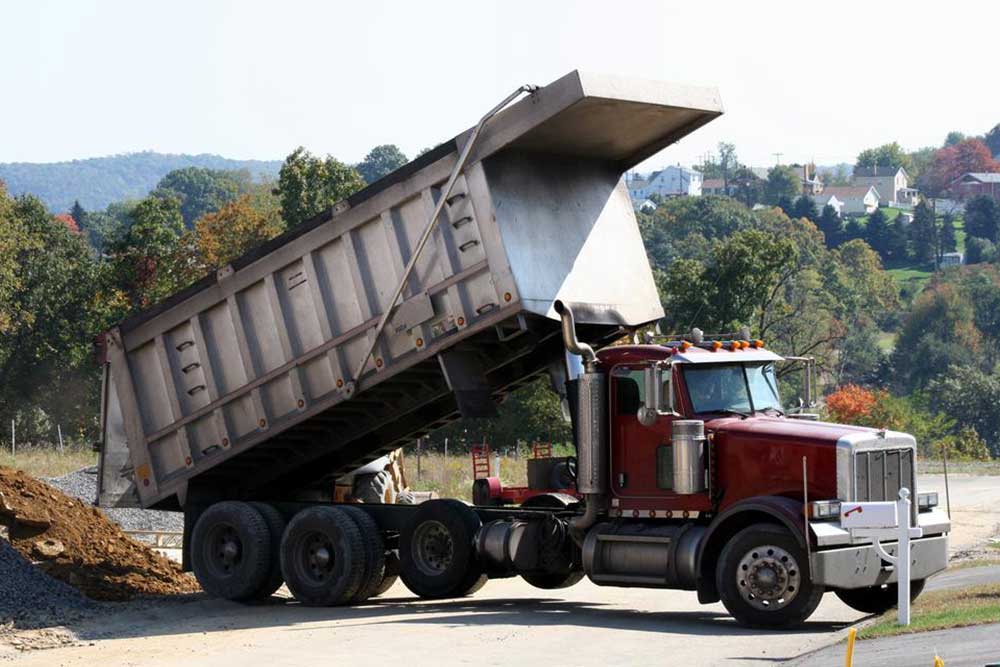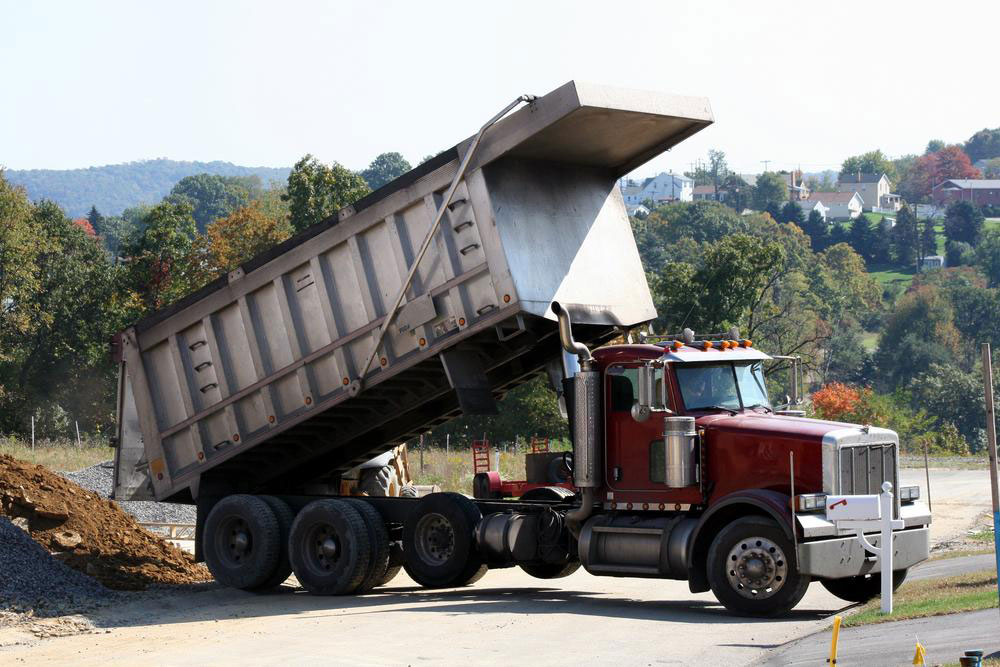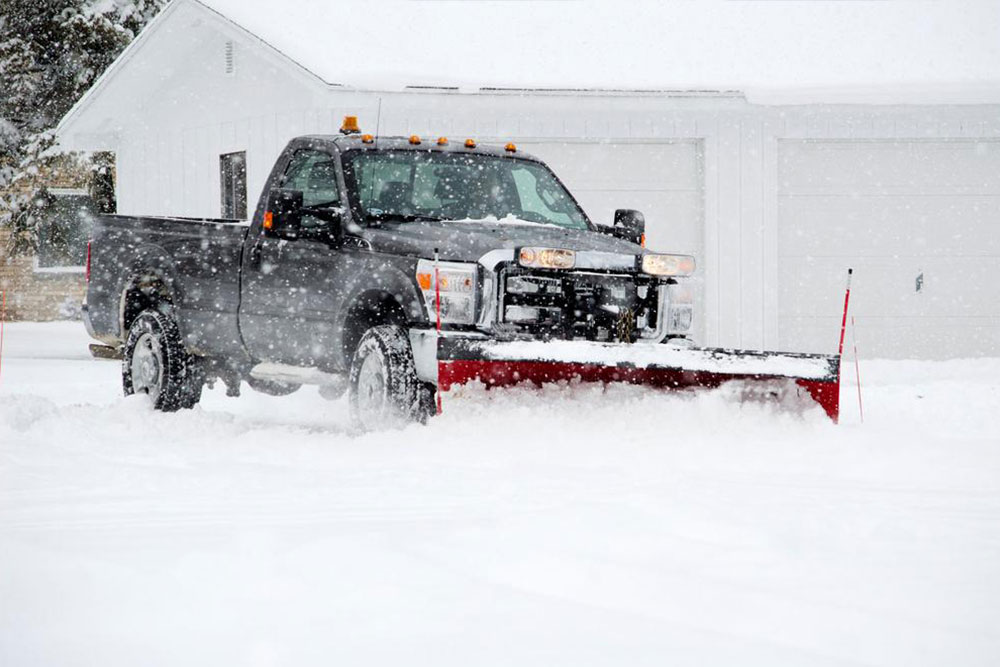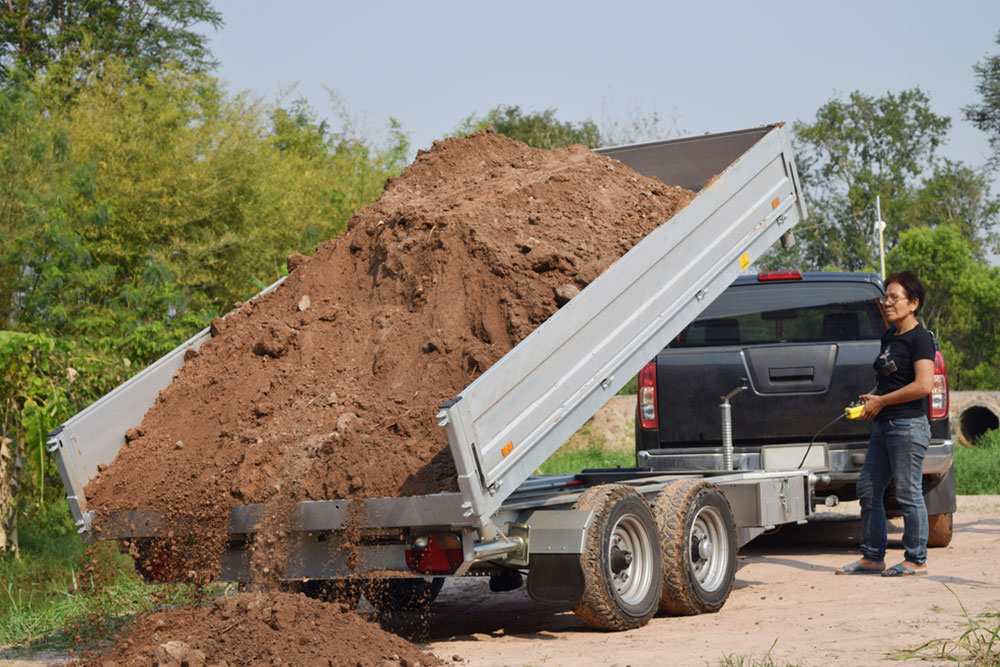Comprehensive Guide to Buying a Used Dump Truck: Tips for a Smart Investment
This comprehensive guide provides essential tips for purchasing a reliable used dump truck. It covers thorough inspections, identifying signs of wear, evaluating critical components like the hydraulic system and engine, and reviewing vehicle history. Following these detailed steps helps buyers make informed decisions, avoid costly repairs, and select a dependable truck that suits operational needs. Whether for construction, landscaping, or industrial use, these insights ensure a smart investment in secondhand dump trucks, maximizing value and longevity.

Comprehensive Guide to Buying a Used Dump Truck: Tips for a Smart Investment
Purchasing a used dump truck can be a cost-effective solution for many construction, landscaping, and industrial businesses. However, to ensure that your investment pays off, it is vital to have a thorough understanding of what to look for when evaluating a secondhand dump truck. While the primary goal is to save money compared to buying new, overlooking critical signs of wear and tear can lead to expensive repairs down the line. Therefore, having a detailed inspection process is essential. This guide covers comprehensive tips and considerations, from initial visual checks to mechanical assessments, to help you make an informed decision and secure a reliable used dump truck that meets your operational needs.
When buying a used dump truck, it’s important to carry out careful inspections and reviews of vehicle history. Here are some important factors to consider:
Extensive Visual Inspection
Begin with a comprehensive visual assessment of the truck’s exterior. Look for signs of damage, rust, or repairs that could indicate previous accidents or neglect. Pay special attention to the dump bed, as this component is crucial for the truck’s functionality. Examine the tires closely, checking the tread depth and looking for uneven wear, which could suggest alignment issues or suspension problems. Also, inspect for hydraulic fluid leaks or damage to the body that might compromise safety or efficiency.
Evaluating Structural Integrity: Frame, Axles, and Rails
Next, focus on the truck’s core structural components. Carefully inspect the frame, axles, and rails for signs of overloading, deformation, or corrosion. Sagging or bent parts are red flags indicating previous heavy use or mishandling. Ensure the chassis is straight and free from cracks or excessive rust, as these could lead to costly repairs and downtime.
If the vehicle appears heavily worn or damaged, consider the following detailed inspections:
Inside the Cab: Condition and Functionality
Take time to evaluate the interior of the cab. Check the overall condition, ensuring that seats, controls, and dashboards are intact and functional. Record the odometer reading, and verify if it aligns with the truck's overall condition. Test all gauges—fuel, temperature, oil pressure, and others—to confirm they display accurate information. Operate the transmission, steering, and dump controls to ensure smooth operation. Any irregularities might indicate deeper mechanical issues.
Hydraulic System Inspection
The hydraulic system powers the dump bed, making it a critical component. Carefully inspect hydraulic cylinders, hoses, and connections for cracks, dents, or leaks. Check the hydraulic reservoir for any signs of contamination, leaks, or corrosion. A failing hydraulic system can significantly impair the truck's dumping ability and safety, so don’t overlook its condition.
Engine Performance and Mechanical Health
Ultimately, the engine is the heart of the dump truck and needs to be in optimal condition. Have a qualified mechanic perform a thorough assessment of the engine, listening for unusual noises, checking for leaks, and analyzing overall performance. Confirm that the engine starts smoothly and idles consistently. A well-maintained engine reduces the risk of breakdowns and ensures reliable operation during heavy-duty tasks.
In addition to visual and mechanical assessments, obtaining a detailed vehicle history report is essential. This report can reveal past accidents, repairs, ownership records, and any outstanding recalls or issues. Moreover, consider taking the truck for a test drive to evaluate handling, brake response, and overall comfort during operation.
Finally, setting a realistic budget that includes potential repairs or upgrades is prudent. Investing in a used dump truck that has been properly maintained and shows minimal wear can save thousands of dollars in the long run. When in doubt, consulting with experienced truck mechanics or industry specialists can provide additional insight to guide your purchase decision effectively.
By following these comprehensive tips, you can avoid common pitfalls associated with buying used dump trucks and secure a reliable asset that can serve your business for years to come. Remember, patience and diligence during this process are key to making a smart, financially sound investment.





